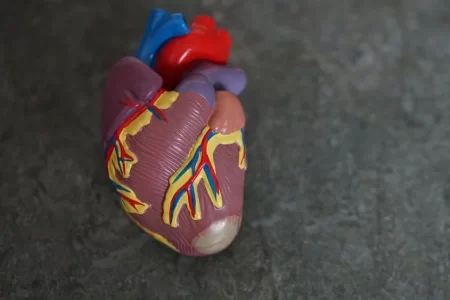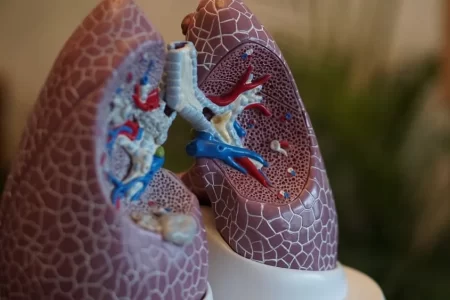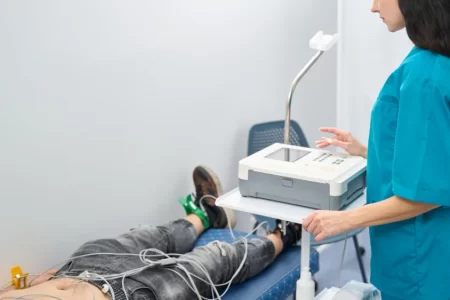How the ICD-10 Code for Kidney Stones Can Help Improve Patient Care and Outcomes
- Updated on: Nov 1, 2023
- 3 min Read
- Published on Mar 17, 2023

The International Classification of Diseases (ICD) system is a crucial tool in healthcare for classifying and coding diagnoses, symptoms, and procedures. ICD-10 codes specifically provide more detailed and specific information for medical billing and reimbursement purposes. In the context of kidney stones, the ICD-10 code system can play an important role in improving patient care and outcomes by facilitating accurate diagnosis and appropriate treatment.
Understanding the ICD-10 code for kidney stones
The International Classification of Diseases, 10th revision (ICD-10) is a diagnostic coding system used by healthcare providers worldwide. The ICD-10 code for kidney stones is N20. This code is used to document the presence of kidney stones in medical records, which is essential for accurate diagnosis, treatment, and management. There are different types of kidney stones, and there are specific codes for each type. The codes are as follows:
- N20.0 – Calculus of kidney
- N20.1 – Calculus of ureter
- N20.2 – Calculus of kidney with calculus of ureter
- N20.9 – Calculus, unspecified
The ICD-10 code for kidney stones is an important tool for healthcare providers in understanding and tracking the incidence and prevalence of kidney stones. Accurate and consistent coding of kidney stones can help improve patient care and outcomes by ensuring proper diagnosis, treatment, and follow-up care. By using the appropriate ICD-10 codes for kidney stones, healthcare providers can gather data and track trends to improve patient care and management.
How ICD-10 codes can improve patient care and outcomes
ICD-10 codes are used by healthcare providers to classify and identify medical conditions, including kidney stones. By accurately coding a patient’s condition, healthcare professionals can better diagnose and treat kidney stones, leading to improved patient outcomes.
Here are some ways that ICD-10 codes can help improve patient care:
A. Facilitating accurate diagnosis:
With specific codes for kidney stones, healthcare providers can more accurately diagnose a patient’s condition. This can help identify the size and location of the stone, which can inform treatment decisions.
B. Enabling effective treatment planning:
By coding the type of kidney stone a patient has, healthcare providers can determine the best course of treatment. For example, certain types of stones may respond better to medication or non-invasive procedures, while others may require surgery.
C. Supporting population health research:
ICD-10 codes can be used to track trends in kidney stone prevalence and treatment outcomes over time. This data can be used to identify best practices and improve patient care.
Challenges and limitations of using ICD-10 codes for kidney stones
Kidney stones can be a painful and uncomfortable experience, and accurate medical coding is essential to ensuring patients receive appropriate care. The ICD-10 codes, used by healthcare providers to classify and report diagnoses, can be a powerful tool in improving patient outcomes.
However, there are some challenges and limitations that come with using these codes for kidney stones:
A. Coding errors and inconsistencies:
Medical coding can be a complex and time-consuming process, and errors or inconsistencies can lead to incorrect diagnoses or treatment. This can result in patient harm or increased costs for healthcare providers. It’s important for providers to carefully review and verify coding accuracy to avoid these risks.
B. Limited specificity of some codes:
While the ICD-10 code for kidney stones (N20) is relatively specific, other codes related to the condition may lack the necessary detail for accurate reporting. This can lead to confusion and misinterpretation of data, making it difficult to track trends and outcomes related to kidney stones.
C. Lack of standardized reporting practices:
Different healthcare providers and facilities may use different coding practices and systems, which can create challenges when comparing data or outcomes across different groups. Standardized reporting practices can help improve the accuracy and usefulness of ICD-10 coding for kidney stones.












